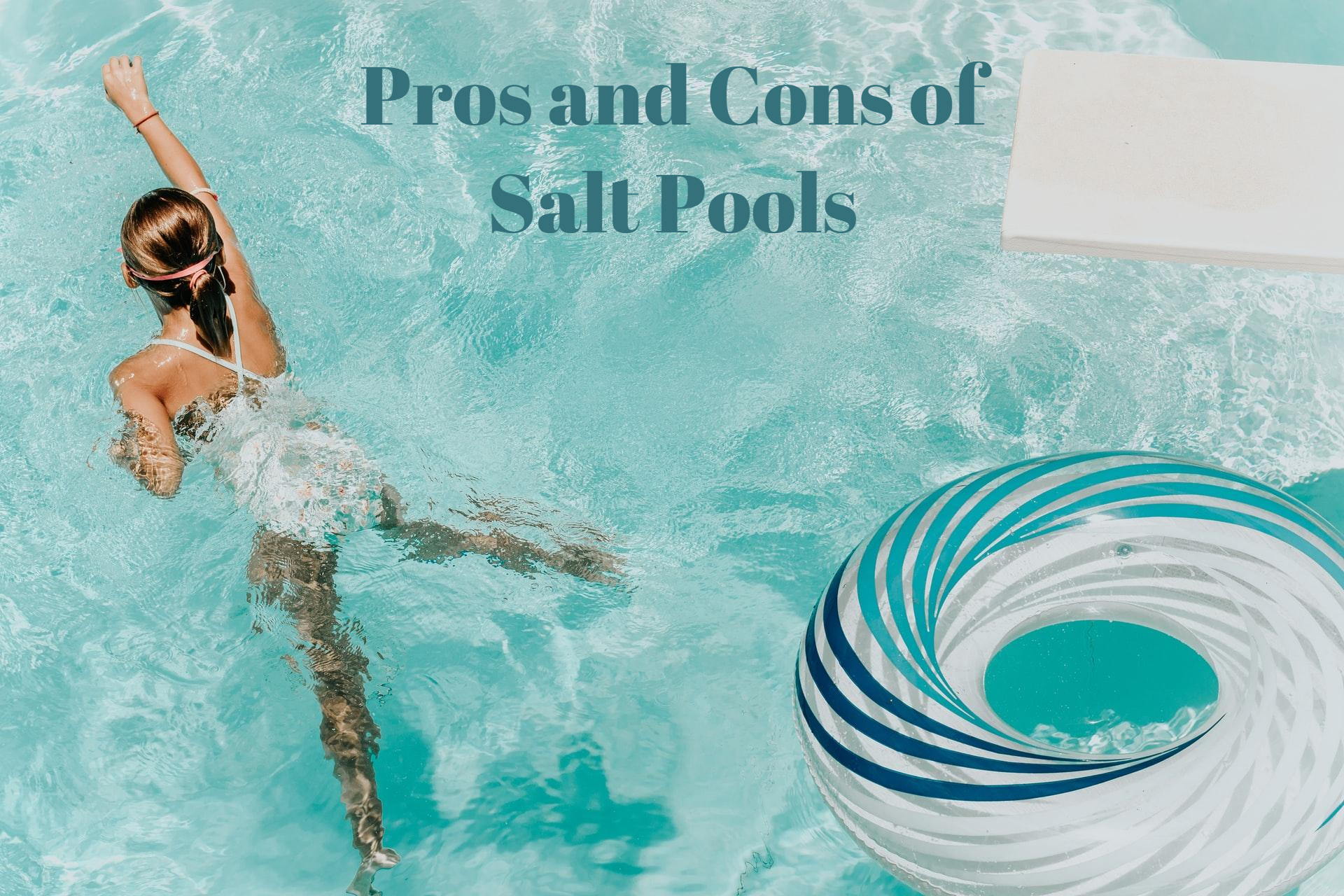
Pools with Salt
For pools to be always ready to use, good maintenance is essential – which may or may not include protection with covers. However, it is vital to implement two measures to ensure the best possible condition in this type of facility. In the first place, adequate filtration is essential to remove dirt particles that can increase water. On the other hand, chemical treatments must apply to guarantee eliminating microorganisms that can negatively affect our health.
Although it is very common to use chlorine to achieve a good level of disinfection, sometimes this substance can be very irritating and generate unfavorable effects in some users and be harmful to the environment. It has led to many who decide to treat pools with salt, also known as salt pools.
The pools with salt use a treatment formula pouring sodium chloride in water. After passing through a chlorinator, it becomes -NAClO- sodium hypochlorite. This substance is a very powerful disinfectant agent that eliminates algae, bacteria, and other unwanted microorganisms when in contact with water. Free chlorine –whose chemical formula is Cl2– generated by electrolysis does not degrade and turns back into salt, thus closing the process.
Chlorine with Salt, What is it for?
The truth is that there is no duality of salt or chlorine pools since the modality that uses the saline element releases chlorine into the water. What can be assured is that this type of chlorine is different from the content in the formulation of the chemical substance that is commonly used to sanitize swimming pools.
When this type of Salt is included in the water purification, a substance known as sodium hydroxide is generated, which has a very high pH (high level of alkalinity) and generates unfavorable conditions for the proliferation of harmful bacteria – which are found there, they will perish. This component is not harmful to humans or animals.
Ultimately, the choice of chlorine or salt pool hygiene methods will depend on the preferences of the person who will use them and the desired results.
If you still doubt whether to use Salt to treat water or not, then you can read the pros and cons of this system.
Pros of Swimming Pools with a Salt
Among the advantages of treating swimming pools with salt, we highlight the following:
- There is no need to replace the salt: since the free chlorine generated is converted back into salt, it is not necessary to replace it – unless the water level has been reduced or increased considerably. In addition, the maintenance cost is lower than that of chlorine pools.
- More natural: some people’s skin is incompatible with the chemical chlorine. This drawback is solved in the salt pools since this compound does not generate any allergy, skin reaction, or eye problems. The hair will not suffer in contact with saltwater either.
- More sustainable: by not generating any waste, salt pools contribute to caring for the environment.
- Do not destroy materials: your swimsuits will keep their color impeccable. Salt is not an abrasive component and does not deteriorate materials like chlorine.
Cons of Salt Pools
It could say that salt pools have no drawbacks, except for a couple of characteristics that make them an option to value:
- The salinity of the water makes it taste somewhat salty on the palate.
- The installation cost is somewhat higher than in chlorine pools, but the subsequent maintenance is much lower.
Salt or Chlorine Pool, What do you Choose?
Once you know the options to treat the water in your pool, you can use the one that best suits your needs and preferences. We believe you have the answer after reading this article, so do it like a pro.






